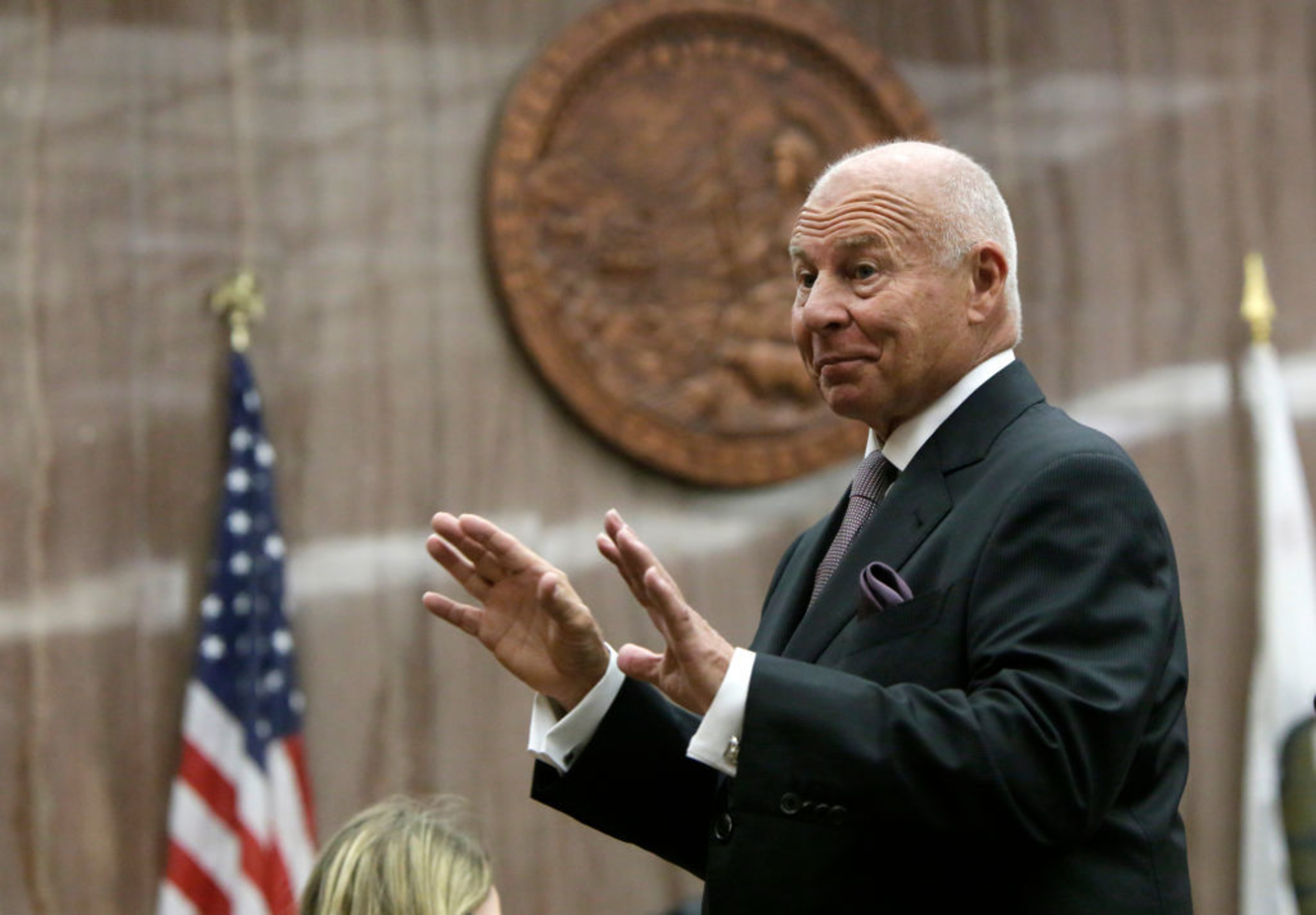Lawyers must report illegal conduct by their peers under a new requirement unofficially dubbed the “snitch rule.”
The mandate approved (opens in new tab) by the California State Supreme Court in June codifies an expectation that attorneys report illegal conduct by their peers. On Monday, the new requirement became part of the Rules of Professional Conduct for the California State Bar, which allows attorneys to practice law in California.
According to the rule, if an attorney has “credible evidence” that another lawyer committed a crime or did something dishonest or reckless, they have a duty to report it (opens in new tab) “without undue delay” to the state bar.
The bar touted the new rule as a way to prevent misconduct, such as when renowned former attorney Tom Girardi allegedly bilked millions of dollars from legal settlements for personal gain.

But critics worry the mandate won’t amount to any meaningful change.
“This rule was all about window-dressing, designed to make it appear to the public that the regulators and politicians were doing something meaningful,” Glendale attorney James Ham told The Standard in an email.
Girardi—who came to prominence as legal counsel for environmental activist Erin Brockovich (opens in new tab) in her 1996 lawsuit against PG&E and his marriage (opens in new tab) to “Real Housewives of Beverly Hills” star Erika Jayne—was indicted (opens in new tab) in February for allegedly skimming millions of dollars of settlement money at least as far back as the 1980s.
Revelations about Girardi’s alleged fraud gave impetus to mandatory reporting requirements, according to Ruben Duran, who chairs the State Bar of California Board of Trustees. For several years, California has not required attorneys to report illegal conduct by their peers, Ruben said.
“There’s not a question now whether a lawyer should report criminal conduct,” Duran said. “California is no longer an outlier in not having mandatory reporting requirements.”
Alleged illegal activity by lawyers is not uncommon in California, where the bar oversees roughly 190,000 licensed and practicing attorneys. Duran said the bar receives roughly 1,000 complaints a month about other attorneys doing something illegal.
Ham said the reporting requirement will not necessarily prevent illegal activity, pointing to reports that Girardi cozied up to the bar (opens in new tab) to keep his alleged fraud under wraps for years.
“It certainly will not prevent another Girardi-type situation,” Ham said.”After all, the media reports that hundreds of complaints were made against that lawyer over the years, but the state bar did nothing.”

Senior Associate Attorney Julia Wobbe, who practices tenant rights law at Tobener Ravenscroft in San Francisco, said colleagues at her firm have complained that their reports of illegal activity by other lawyers have been met with inaction by the bar.
“I’ve heard of attorneys reporting misconduct, and then the bar doesn’t take it seriously or doesn’t do anything about it,” Wobbe said.
Wobbe also said she had concerns about conflicts of interest arising from the new rule, since those most familiar with what attorneys do are those who work most closely with them. Wobbe said she could imagine that if an attorney who’s reported gets pulled off an assignment,, a new lawyer would take over and have to get up to speed, which could add months to a case, potentially hurt clients and rack up legal costs.
“That could discourage someone from reporting that attorney,” Wobbe said.
Duran said he could not elaborate on how that potential conflict would be handled, because the reporting requirements have only just been implemented.
“Every attorney is going to have to weigh that decision case by case,” Duran said.
